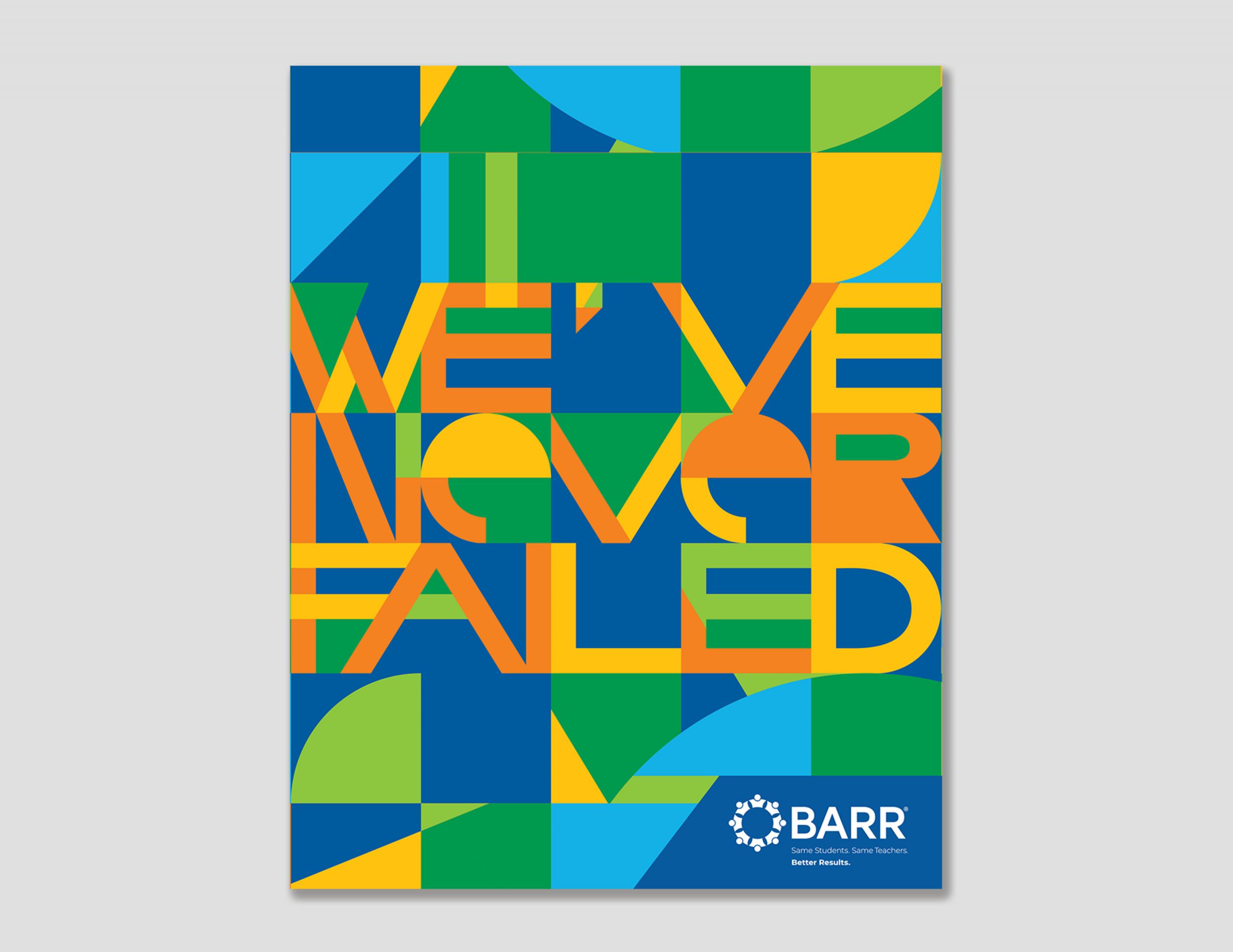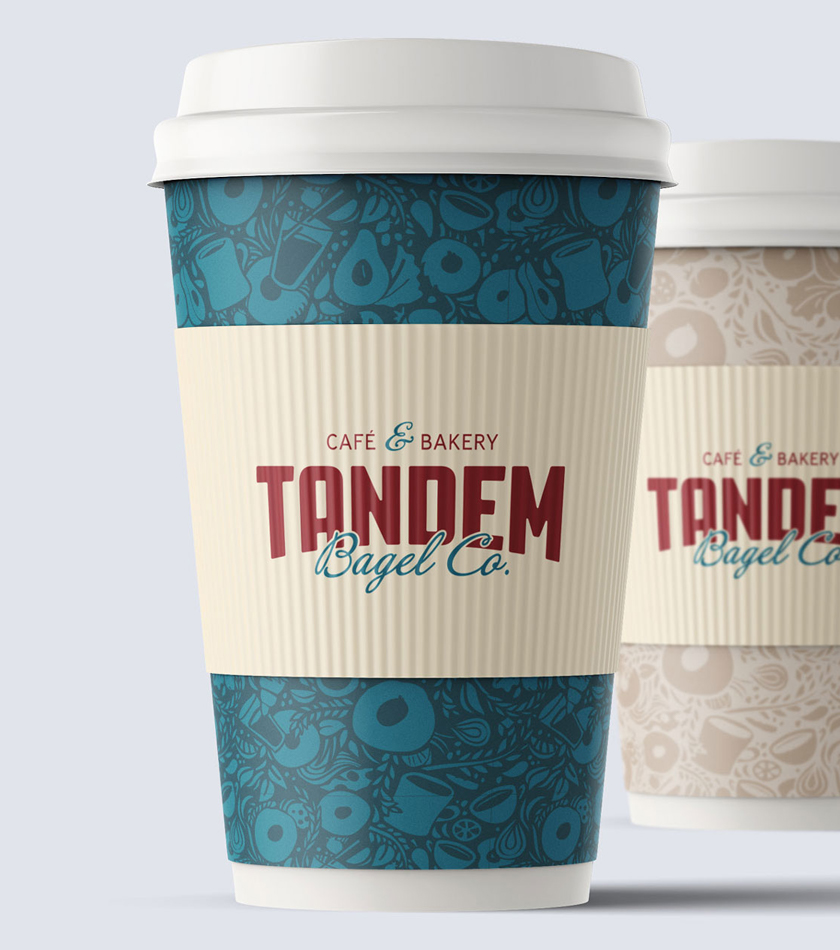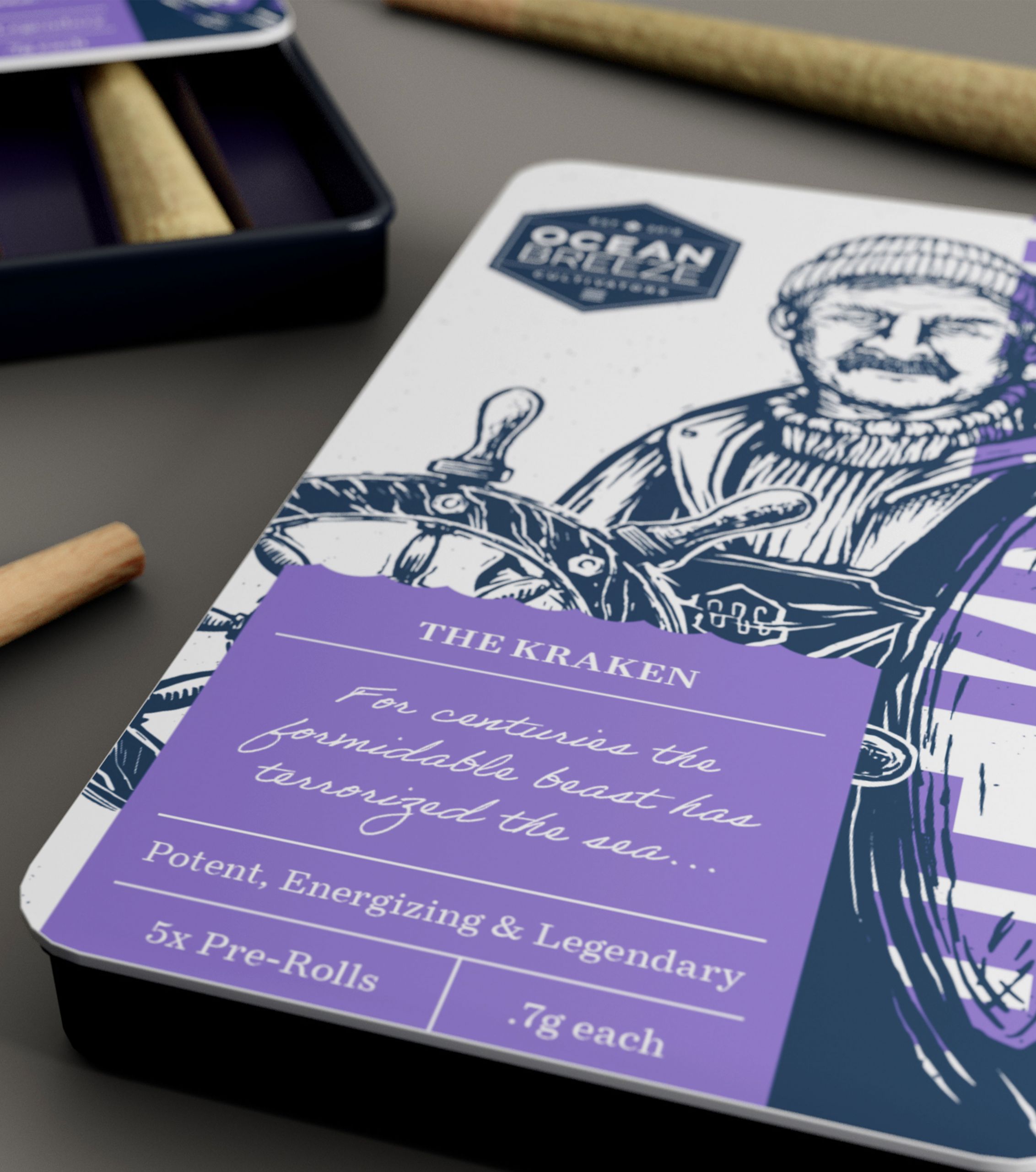Will the real fast food king please stand up?

Who is the undisputed king of fast food? Well, despite their claim to the crown, it isn’t Burger King — it’s McDonald’s, and nobody comes close. For years, McDonald’s has been at the top of the quick service restaurant industry in the United States, nearly doubling the sales of the next best guy, Starbucks, in 2018 and 2019. Although not nearing the same amount of sales, Burger King has always been the main challenger to McDonald’s for the top spot as America’s favorite fast food burger.
Today, however, Burger King is no longer the prince of the fast food kingdom, as Wendy’s took their title as the second place burger chain in America in 2020, despite having about 1,300 fewer restaurants nationwide.
Since its founding in 1953 (16 years before Wendy’s hit the scene), Burger King has been a beloved fast food franchise. So beloved that Burger King has only been knocked down to second place once before — by Wendy’s in 2012. In 2015, Burger King reclaimed its title, and held it until 2021, solidifying a rivalry between the two chains.
So how did Burger King go from standing toe-to-toe with McDonald’s to being solidly behind Wendy’s six years later? The answer — is marketing. Though, as we all know, it’s not just marketing, it’s smart, consistent marketing. Despite Burger King’s big, award-winning marketing campaigns over the past few years, there hasn’t been a notable increase in sales or performance. Let’s take a closer look.
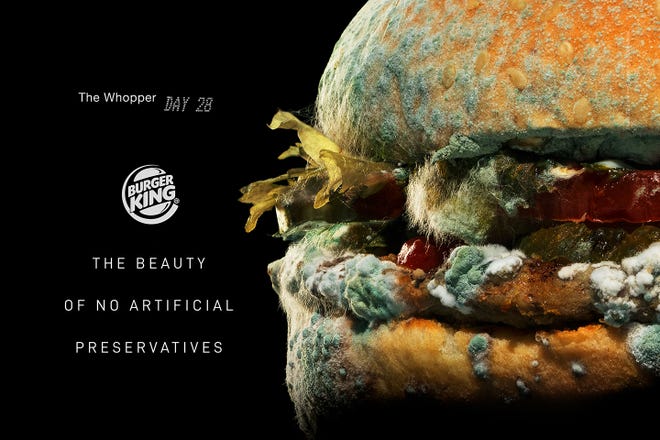
In 2020, Burger King’s “Moldy Whopper ” campaign, created by Publicis (Bucharest and Madrid), INGO Stockholm and David The Agency Miami, garnered notable attention across media outlets and won a ton of awards (including 18 Clios). And yet, the brand still reported a decrease in sales, painfully illustrating the lesson that big campaigns and critical acclaim don’t always translate into profit and growth for a company.
According to Burger King’s CEO, Jose Cil, this failure to grab hold of a consistent and successful marketing and brand identity has caused them “significant marketing spending” that “has so far failed to realize an increase in sales.” In fact, despite these costly marketing efforts, their sales were down in the US by 1.6%, while Wendy’s and McDonald’s were up by double-digits in the second quarter of 2021.
At the other end of the marketing spectrum, Wendy’s has been carefully crafting their brand voice and identity, partially through their prolific and viral Twitter account known for snarky tweets (often directed at their competitors). They’ve even thrown some punches at Burger King directly, delivering humorous (but sometimes harsh) roast after roast.
Wendy’s has capitalized on this persona, and extended this voice and personality into actual ad campaigns — seen most recently in their “Hot & Crispy Fries” ads that imply that McDonald’s fries are cold and soggy.
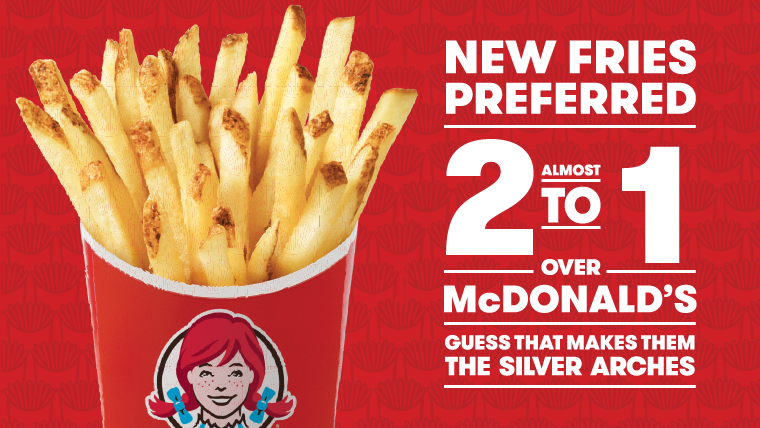
By consistently showing up with this identity on all of their platforms, Wendy’s has built trust with consumers that has translated their massive social media following into actual sales.
And, they’ve played it smart, by tapping into unconventional platforms and demographics. Wendy’s Chief CMO, Carl Loredo, acknowledged gaming as the new hot place for brands. Their “Keeping Fortnite Fresh” campaign saw players cleansing the in-game world of frozen patties (another slam on competitors).
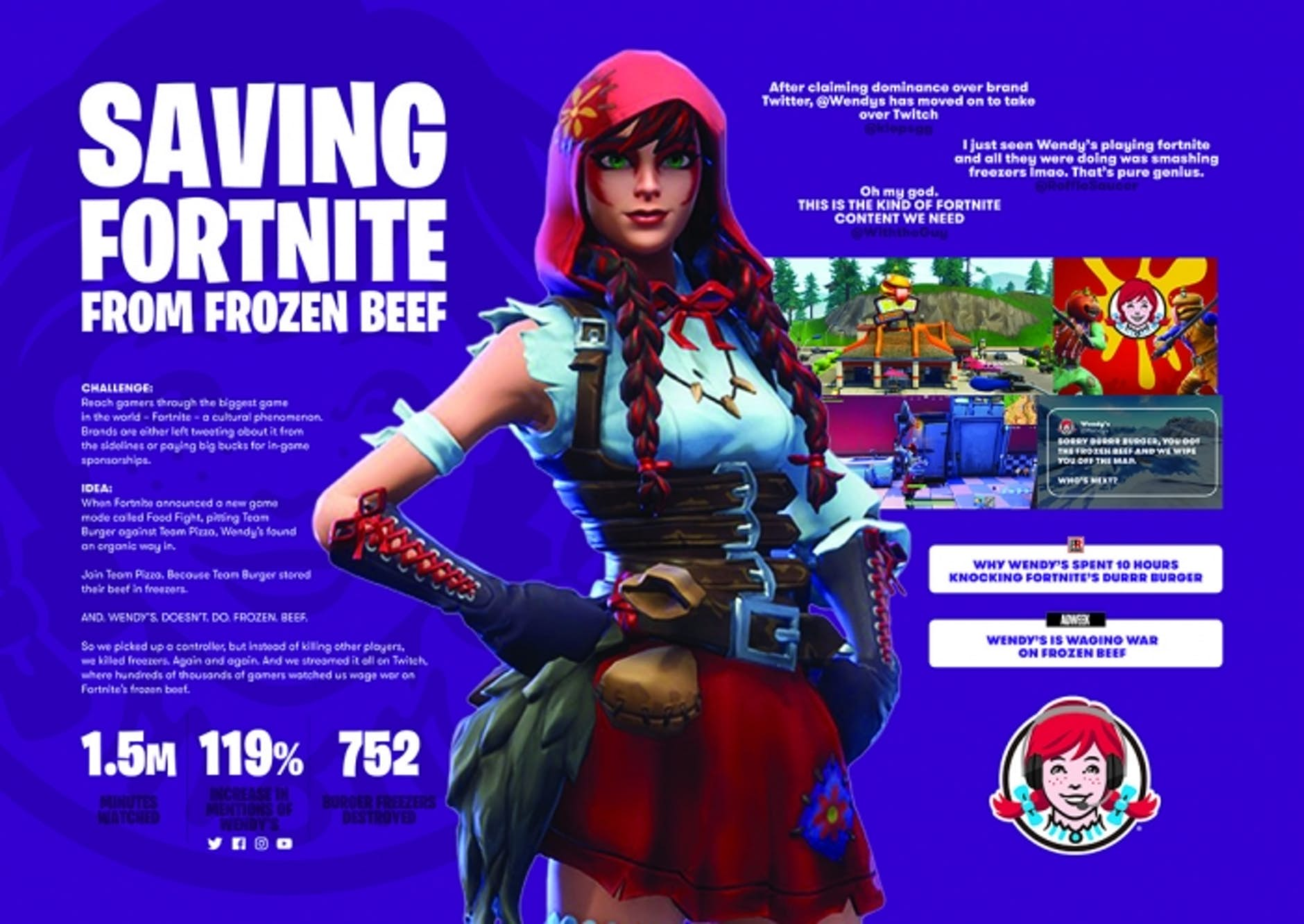
Intelligent targeting and engaging campaigns that stay true to their vision reinforce Wendy’s extraordinary ability to market themselves — and it’s one of the reasons this (formerly) underdog burger chain has been able to surpass competitors.
The lesson we’ve learned here is that splashy campaigns, publicity, and awards don’t always result in net positives for a company. Instead, as Wendy’s has shown us, the priority should be a cohesive and consistent identity, well-defined gameplan, and willingness to stand up to the big guys.
